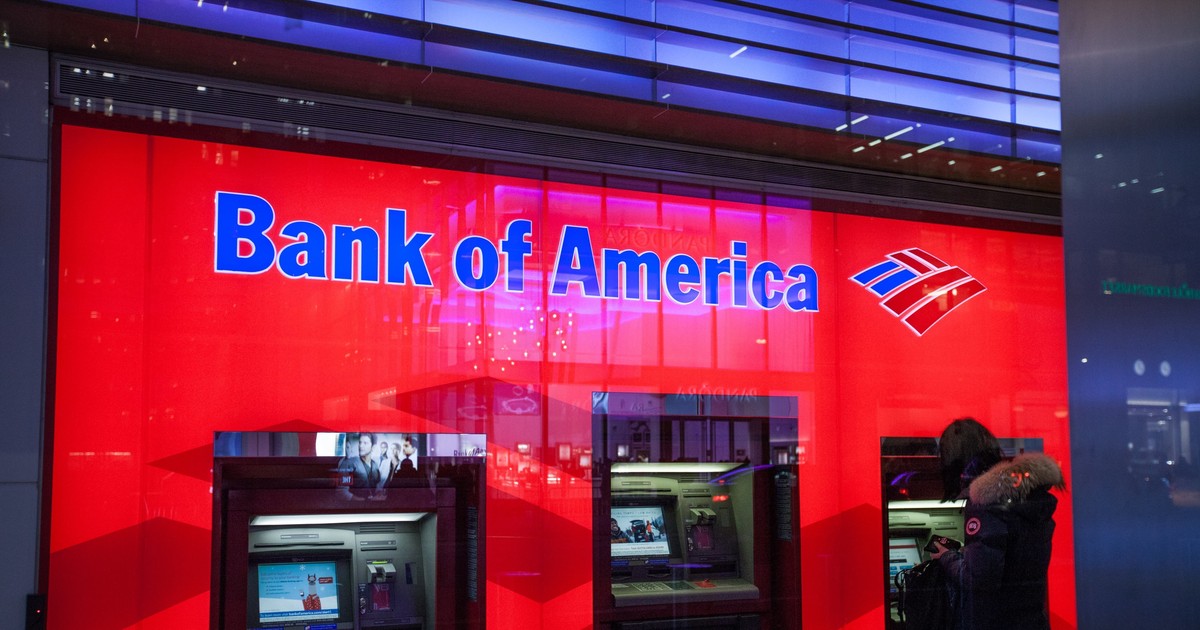Bank of America has agreed to pay $3.25 million to settle a class action lawsuit alleging that it violated consumer rights by failing to provide proper notices before repossessing vehicles. The lawsuit claims that affected consumers were denied critical information about their rights and options regarding vehicle repossession, leading to unfair financial burdens. If you had a vehicle repossessed by Bank of America, here’s what you need to know about the case, eligibility, and how to file a claim.
Background of the Bank of America Settlement
The lawsuit, Brown, et al. v. Bank of America, N.A., Case No. 5:21-cv-00217, was filed in the U.S. District Court for the Eastern District of North Carolina. Plaintiffs allege that Bank of America failed to issue legally required notices before and after repossessing vehicles. These notices would have informed borrowers of their rights to reinstate their loans, retrieve personal belongings, and understand the financial consequences of repossession.
Under consumer protection laws, lenders must provide clear, timely notices about repossession, including how borrowers can recover their vehicles. The lawsuit claims that Bank of America’s failure to do so resulted in unlawful repossessions and financial harm to affected customers.
While Bank of America denies any wrongdoing, it agreed to a $3.25 million settlement to resolve the claims and avoid prolonged litigation.
Who Is Eligible for Compensation?
The settlement benefits consumers in North Carolina whose vehicles were repossessed by Bank of America without proper notification. To qualify, class members must have:
- Had their vehicle repossessed by Bank of America in North Carolina
- Been denied the legally required notices before or after repossession
How Much Can You Receive?
Eligible class members may receive a portion of the $3.25 million settlement fund. The final payout will depend on:
- The number of valid claims submitted
- The financial harm suffered by each claimant due to improper repossession
How to File a Claim
To receive compensation, class members must submit a valid claim form by June 10, 2025.
Required Documentation
Claimants may need to provide proof of vehicle repossession and any communication (or lack thereof) from Bank of America. Acceptable documents include:
- Repossession notices (if available)
- Loan agreements
- Correspondence from Bank of America
- Credit reports showing repossession
The claim form and further details can be found on the official settlement website.
For those looking for an easier way to file a claim, Sparrow offers a streamlined, hassle-free process that may not require extensive proof. Visit Sparrow’s website to learn more.
Important Deadlines
- Exclusion & Objection Deadline: May 1, 2025
- Claim Form Submission Deadline: June 10, 2025
- Final Approval Hearing: July 15, 2025
Case Background and Additional Details
This case highlights the importance of consumer protection laws in vehicle financing and repossession practices. Improper repossession can lead to severe financial hardship, including damaged credit scores and loss of personal property. The settlement serves as a reminder for lenders to adhere to legal requirements and protect borrowers’ rights.
If you’re unsure whether you qualify, review the FAQ section of the official settlement website or consult a legal professional.
Conclusion
The $3.25 million Bank of America settlement offers financial relief to affected customers while reinforcing the importance of compliance with repossession laws. If you had your vehicle repossessed by Bank of America and were not properly notified, you may be eligible for compensation. Submit your claim before the deadline to claim your share of the settlement.
Related articles:
How To Join Credit One Bank Class Action Lawsuit Investigation

